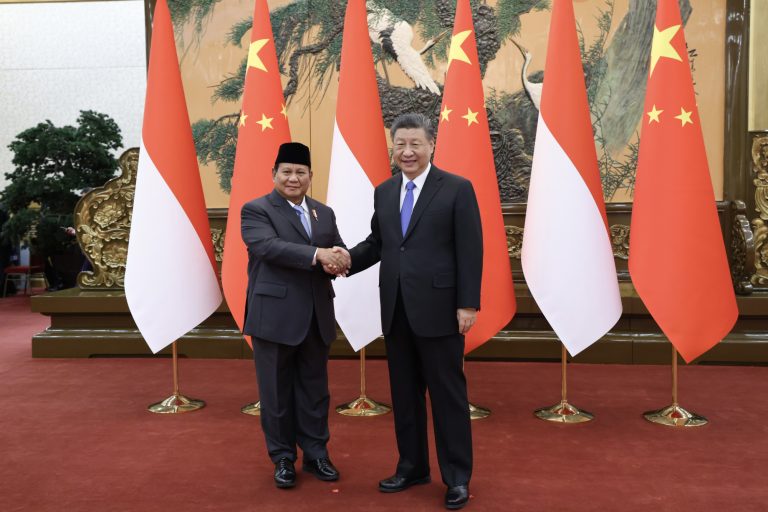Presidents Prabowo and Xi Jinping Discuss Blue Economy and Great Sea Wall Project
CHINA, RAKYAT NEWS – Indonesian President Prabowo Subianto and Chinese President Xi Jinping held high-level talks in Beijing to discuss various areas of cooperation, including the blue economy and a proposed “Great Sea Wall” project.
These discussions marked a significant step in deepening bilateral relations between Indonesia and China, particularly in sectors related to maritime development and sustainable resources.
During the bilateral meeting, Indonesia’s Coordinating Minister for Economic Affairs, Airlangga Hartarto, outlined the main topics of the discussions, including the expansion of the blue economy.
This encompasses maritime-based industries such as renewable energy (including solar power) and fisheries. Both leaders emphasized the importance of developing these sectors for mutual benefit and environmental sustainability.
The meeting also resulted in the signing of multiple “Government-to-Government” (G to G) agreements. These included initiatives aimed at expanding the export of fresh coconut, promoting sustainable fisheries practices, enhancing blue economy development, and advancing mineral resource management.
Additionally, both leaders addressed the importance of strengthening maritime security cooperation and agreed on projects to ensure food security, such as the “Food Supplementation and School Feeding Programme” in Indonesia.
Among the most prominent projects discussed was Indonesia’s proposed “Great Sea Wall” — a massive infrastructure project designed to protect the northern coast of Java from rising sea levels and flooding. Both Prabowo and Xi Jinping expressed strong support for the initiative, which aims to address climate change-related threats and safeguard coastal communities.
Airlangga Hartarto mentioned that the two countries also discussed expanding the “Two Countries Twin Parks” initiative, a plan for developing joint industrial parks in both nations. This collaboration is expected to foster innovation and economic growth in key sectors, including manufacturing and technology.


Tinggalkan Balasan Batalkan balasan